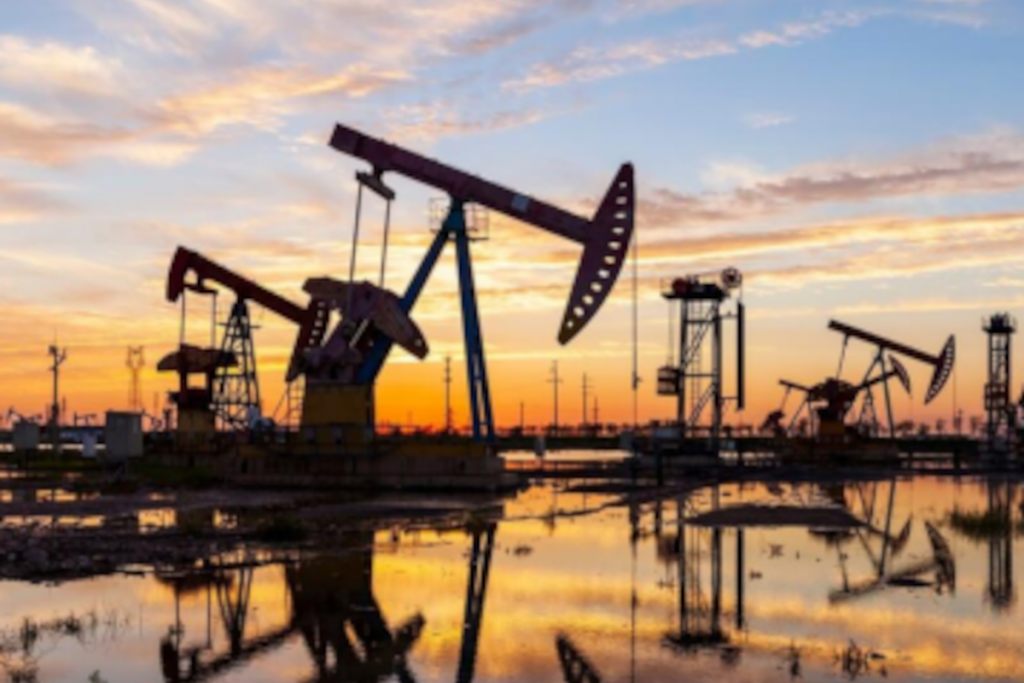Crude Oil Services
Our comprehensive crude oil services offer a full spectrum solution for every stage of the crude oil lifecycle.

From extraction to transportation and refinement, we employ cutting-edge technologies and industry expertise to ensure maximum efficiency, reliability, and safety throughout the process. Our commitment is to provide unparalleled support to our clients, driving their success in the dynamic energy market.
Crude oil services encompass a range of activities and processes involved in the extraction, transportation, refining, and distribution of crude oil. Here’s a breakdown of some key components:
Exploration and Production (E&P):
- Exploration involves identifying potential oil reserves beneath the Earth’s surface. Techniques such as seismic surveys and drilling exploratory wells are used.
- Production involves the actual extraction of crude oil from reservoirs using various methods like drilling (onshore and offshore), hydraulic fracturing (fracking), and steam injection.
Transportation:
- Crude oil is typically transported from production sites to refineries via pipelines, tankers (both maritime and rail), and trucks.
- Pipelines are a common method due to their efficiency and cost-effectiveness, but tankers are used for long-distance transportation, especially for offshore production sites.
Refining:
- Crude oil undergoes refining processes at refineries to transform it into various petroleum products such as gasoline, diesel, jet fuel, and lubricants.
- Refining processes include distillation, cracking, reforming, and blending, which separate the crude oil into its constituent hydrocarbons and remove impurities.
Storage:
- Crude oil is stored in tanks or caverns before and after refining. Storage facilities are crucial for maintaining supply stability and managing fluctuations in demand.
- Strategic petroleum reserves (SPRs) are maintained by many countries to ensure energy security during emergencies or supply disruptions.
Distribution and Marketing:
- Refined petroleum products are distributed to consumers through various channels including pipelines, tanker trucks, and retail outlets such as gas stations.
- Marketing involves branding, pricing, and advertising of petroleum products to consumers.
Environmental and Regulatory Compliance:
- Crude oil services are subject to numerous environmental regulations and safety standards to mitigate risks of spills, emissions, and other environmental impacts.
- Compliance with regulations regarding emissions, waste disposal, and worker safety is essential for companies operating in the crude oil sector.
Research and Development:
- Continuous research and development efforts are undertaken to improve extraction techniques, enhance refining processes, and develop alternative energy sources to reduce dependence on crude oil.
Overall, crude oil services play a vital role in meeting global energy demands, powering transportation, and supporting various industries, but they also face challenges related to environmental sustainability, geopolitical tensions, and the transition to renewable energy sources.